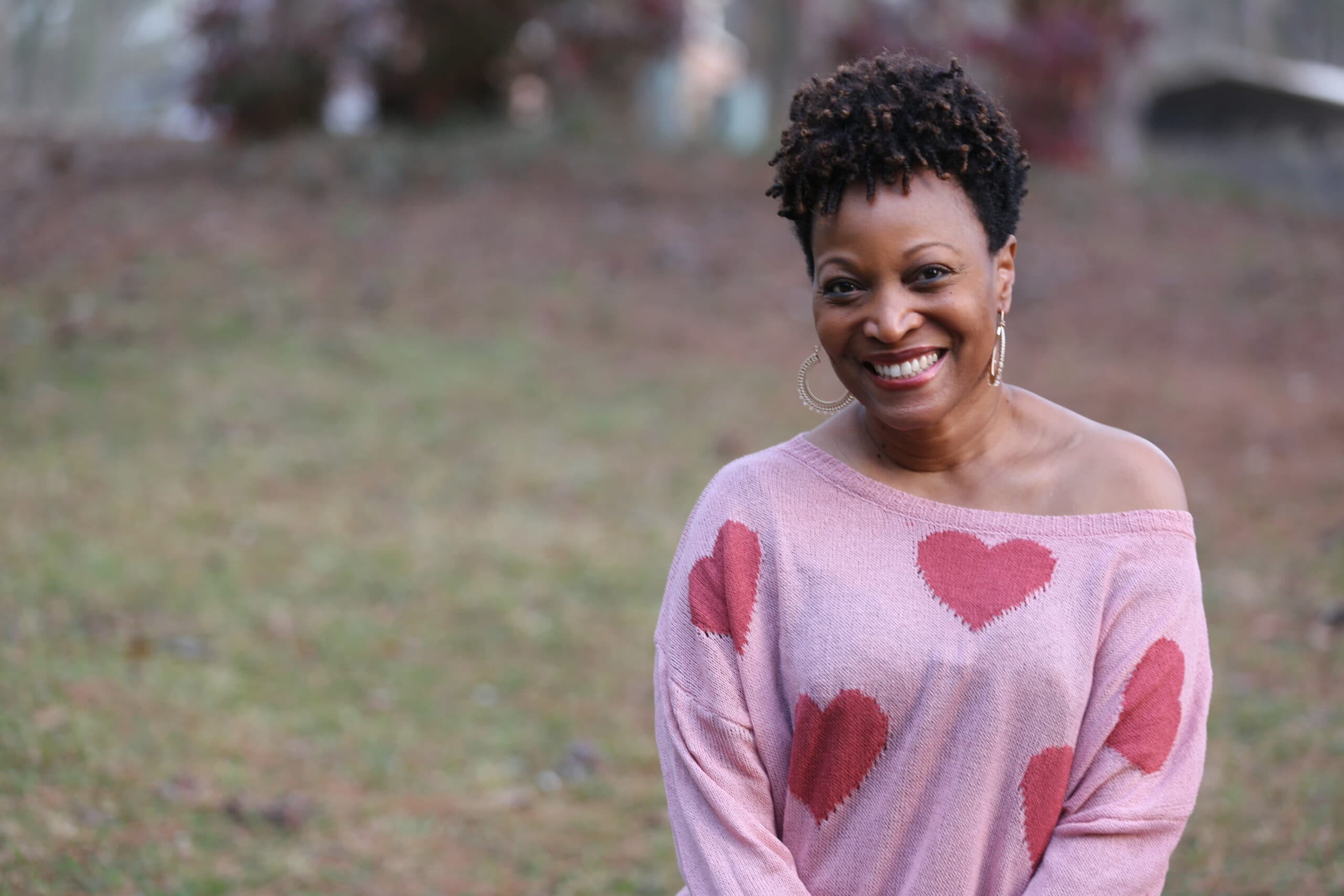
I am a previvor…and most people don’t know what that means. I am part of the cancer community, but I’ve never had cancer. My life was forever changed based on the probability of having cancer; a simple genetic test started this amazingly wonderful, scary rollercoaster ride. I casually had genetic testing done during an annual exam and my results revealed that I had a 75% chance of developing breast cancer and an 80% chance of developing ovarian cancer within my lifetime. As the daughter of a breast cancer survivor, I always figured I might be susceptible to the disease but seeing the percentage of probability had me frightfully shaken! I have watched my mother battle breast cancer twice and most recently stood by helplessly as my baby sister fought her way through this same dreadful disease. Cancer continues to upset the balance of our family and threatens to disrupt our peace, but what it hasn’t realized is that we are a family of warriors, and these challenges only serve to strengthen us and test our resiliency.
I have spent most of my life waiting on cancer to find me, accepting my fate as a rite of passage like my mother and sister before me, but genetic testing shifted my mindset and totally changed the game. It allowed me to make a proactive decision instead of a reactive one. Deciding to have a preventative mastectomy and hysterectomy was a huge decision. My life was forever changed but in all the best ways! When I considered having the surgeries, I could only focus on what I would lose. I didn’t consider how much I could gain. I fought back and I don’t have to live the rest of my life waiting on breast and ovarian cancer to casually show up and threaten the very essence of me, to stifle my livelihood, or to take my life. I can live in peace knowing that in having the surgeries I reduced my chances of having breast and ovarian cancers to 1%.
My mother had her first bout with cancer when I was in college. I remember calling home to check on her and she would often tell me, “Focus on school, I’m fine”. I was away at school in Missouri, more than 10 hours away while my family was in Texas, but I felt the weight of that experience every day. It was such a scary time for our family. I felt like I woke up each day in a fog and spent most of it holding my breath waiting on a phone call that could change my life forever. I was so young, and also a single mom and I needed my mom more than ever during this time. The rollercoaster of emotions was endless. There were days that I would feel hurt, rage, sadness, and fear, but all the while, my mother relied on her faith, surrounded herself with positive energy and friends, and was fortified and strengthened by this experience. Then ten years later, it happened again. My mother found another lump. As our family braced itself for another rollercoaster ride, my mother was unshakeable and unflappable through it all. She propped us all up and readied us once again for the fight of our lives and we are more than grateful that she came out whole, healed and healthy on the other side. She is the glue that holds our family together and her presence sets the tone for everything that we do in our lives. I am thankful that she is still here to tell her own story.
My mother found both of her lumps through self-breast exams, and she would preach to all of us (her three daughters) religiously about the importance of knowing your body and performing monthly self-exams. She even bought us the tutorial placards with the pictures to hang in the shower and made us practice “finding the pea” in the mock boobs. She was insistent on us staying one step ahead of this dreadful disease. She is the best example of advocacy beginning at home within our own four walls. I am embarrassed to share that I was horrible about self-breast exams. I was so afraid of what I might find. I was crippled by fear and the panic of reliving my mother’s experience. I know that there may be others like me, so I advocate fiercely now for monthly self-breast exams and knowing your body well enough to know “what right looks like”. Awareness is such an important tool in fighting this dreadful disease and it can make a difference in life and death.
My life as a previvor has gifted me with an amazing sense of hope and I see each new day with fresh eyes because I decided to fight for my life, even when it might not make sense to some people. I am no longer haunted by the fear of suddenly finding a lump and disrupting everything that I hold closest to me. I view each day as an opportunity to learn more things and soak in every bit of goodness around me because I have seen firsthand the impact of cancer on a family. Any doubt that I may have had about my decision to have surgery was lifted after watching my mother’s pain as my sister battled breast cancer. I could never watch her go through that again. Each day I am more confident and resolute that this was the best decision for me. I have become a part of an amazing sisterhood and I am encouraged each day by their strength and resiliency.
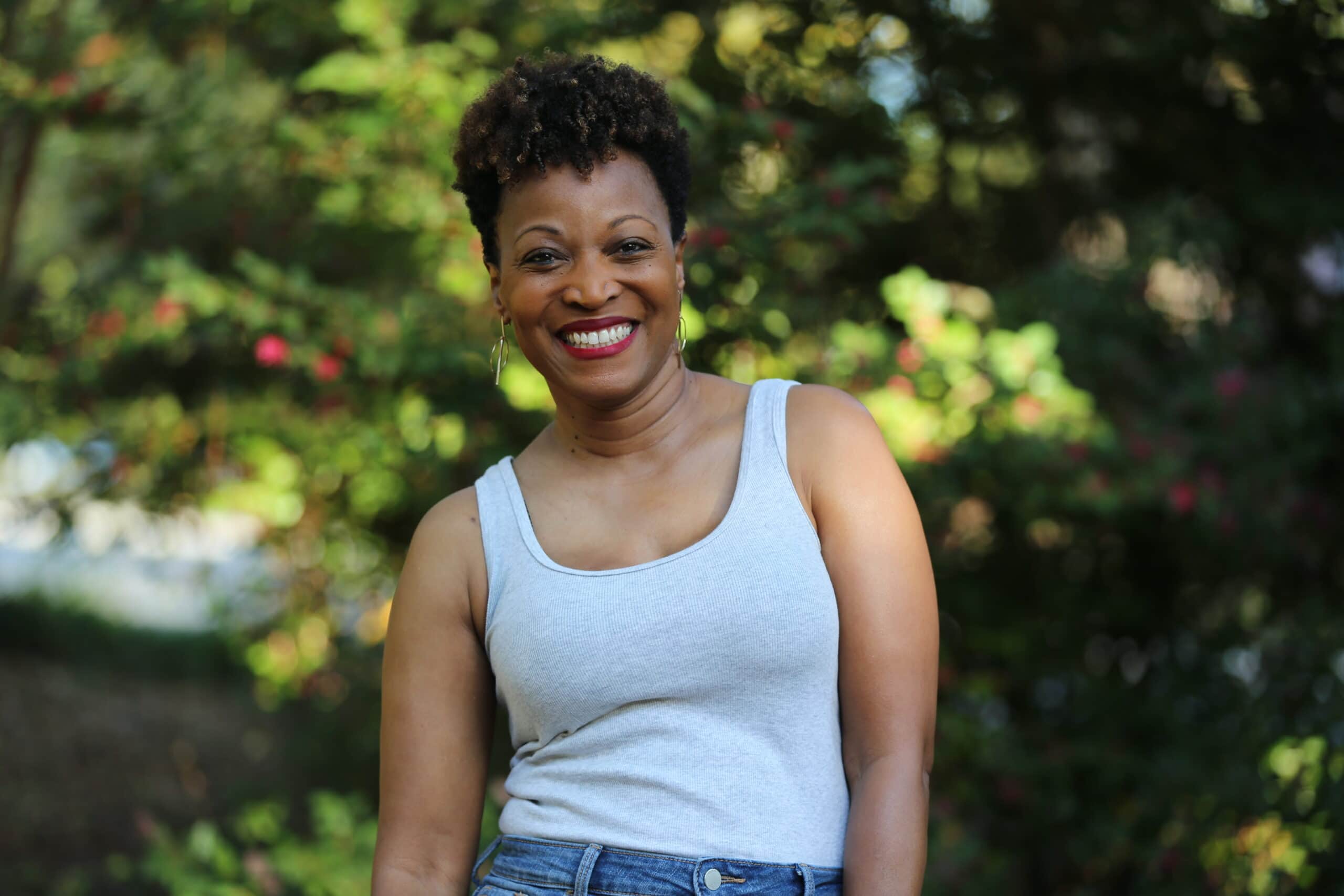
Through this process, I have watched the best parts of myself unfold. I have uncovered my voice and a passion to enrich, inspire and spread the word about the importance of genetic testing. Preventative surgeries may not be for everyone but having genetic testing arms you with the information to make an informed decision. Knowing allows for consistent and thorough monitoring which helps the doctors to detect breast and ovarian cancer sooner. To me, that’s a game-changer!
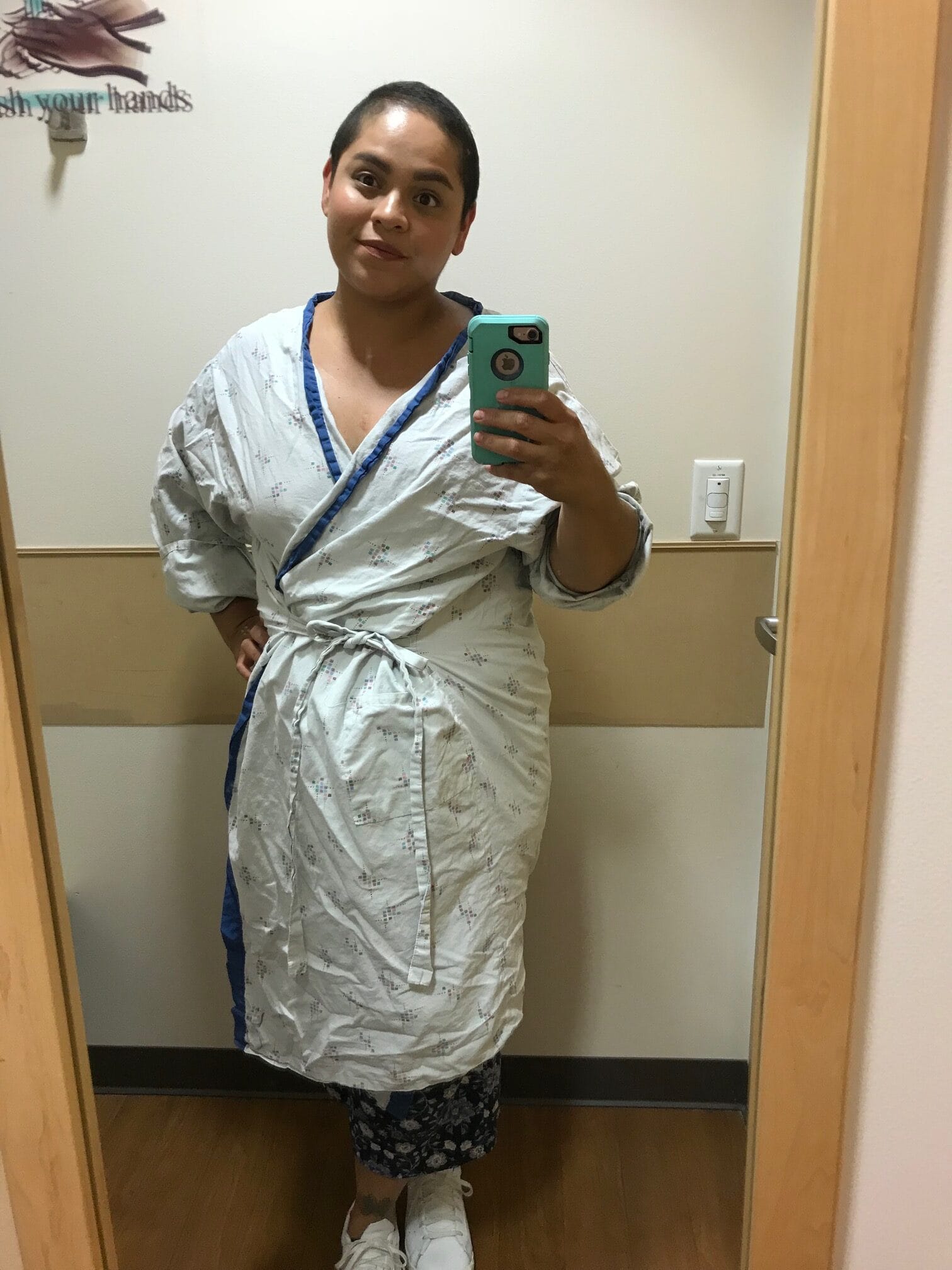
I trust my oncology team, I feel like they’ve always heard me, they gave me many options, and they’ve based my care on how well they knew me. That is why a second opinion seemed like nonsense after my metastatic diagnosis. I felt like I would be cheating on them. At the insistence of my oncologist’s NP, she gave the name of the Chief of the Division of Oncology who specializes in breast cancer at the teaching and research hospital in my state. She was fantastic, tender, and gave me the reassurance I needed. We spent over 2 hours going over my chart and family history. She told me that my team was doing exactly what she would be doing, but she took interest in my genetic testing results. Being diagnosed at 33 is not common, so my doctors recommended that I do genetic screening to determine if this cancer was hereditary. My results were inconclusive, there was a variance of uncertain significance (VUS) in the BRCA2 gene, but no finding suggested that breast cancer was a correlation of that.
Okay, time out! I just want you to know that I’m not a doctor or a genetic specialist. Even though I’m an educated Latinx (MPA and jefa status!), I don’t hold advance degrees in medical or genetic science. So, my explanation is based on my understanding and basic research on the interwebs. I just wanted to put that out there.
/
My second opinion oncologist asked me if she could have the data analyzed by the genetic research specialist at her hospital, and I agreed. She called me about a week later to tell me that the VUS of my BRCA2 gene had been known to have the same traits of BRCA2, which meant that I carried an inherited mutation that could cause cancer, including breast cancer. This was kind of surprising to hear because I had already been tested a year and a half before and no one else in my family has had breast cancer. I know that breast cancer doesn’t discriminate, but in general Latinx people are not considered a high-risk group for breast cancer and there wasn’t that much data to be found about BRCA2 rates in the Latinx community.
There are genetic disparities in the Latinx community because there is little genetic data and studies done for Latinx people. One of the biggest barriers is awareness and access in the Latinx community. (Journal of Genetic Counseling) This totally made sense to me. Both times I received genetic counseling they seemed extremely interested in getting my family to also get genetic testing, at no cost. Which felt weird, because I had some bumps with my own insurance to cover the testing (which they eventually did). These disparities for the Latinx community are not just in genetic counseling. While Latinx people are not considered high risk, breast cancer is the most common diagnosed cancer in Latinx women, it tends to be diagnosed at a later stage, it tends to affect women who are premenopausal (young women), and it has a high mortality rate after diagnosis. My loose interpretation of BRCA VUS is that there are not enough POC of color being tested, being researched, or being educated to determine if are variances are cancer causing or not.
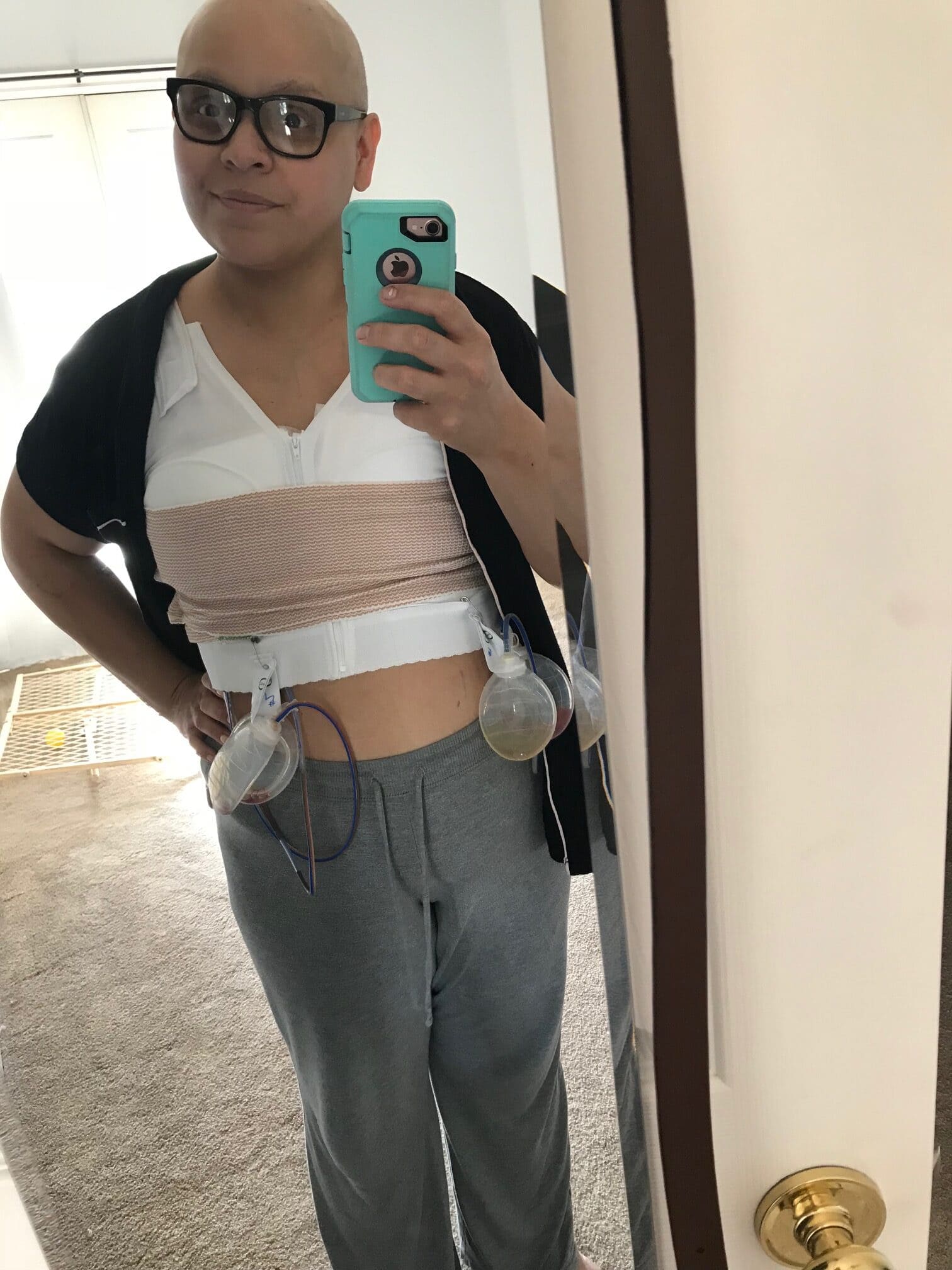
Now, at the recommendation of both oncology teams they have asked me to reach out to my parents and siblings to be tested. They also think that when my littles turn 18, they should be tested. Breast Cancer is the worst, so is being metastatic. If there is a silver lining out there, it’s that, because of mine and my docs’ diligence, I can help my kids and nieces and nephews hopefully avoid the same fate. When someone is diagnosed with cancer, they begin to collect unique stories worth sharing. For me, the stories most worth sharing are those that will help my people and other people of color.
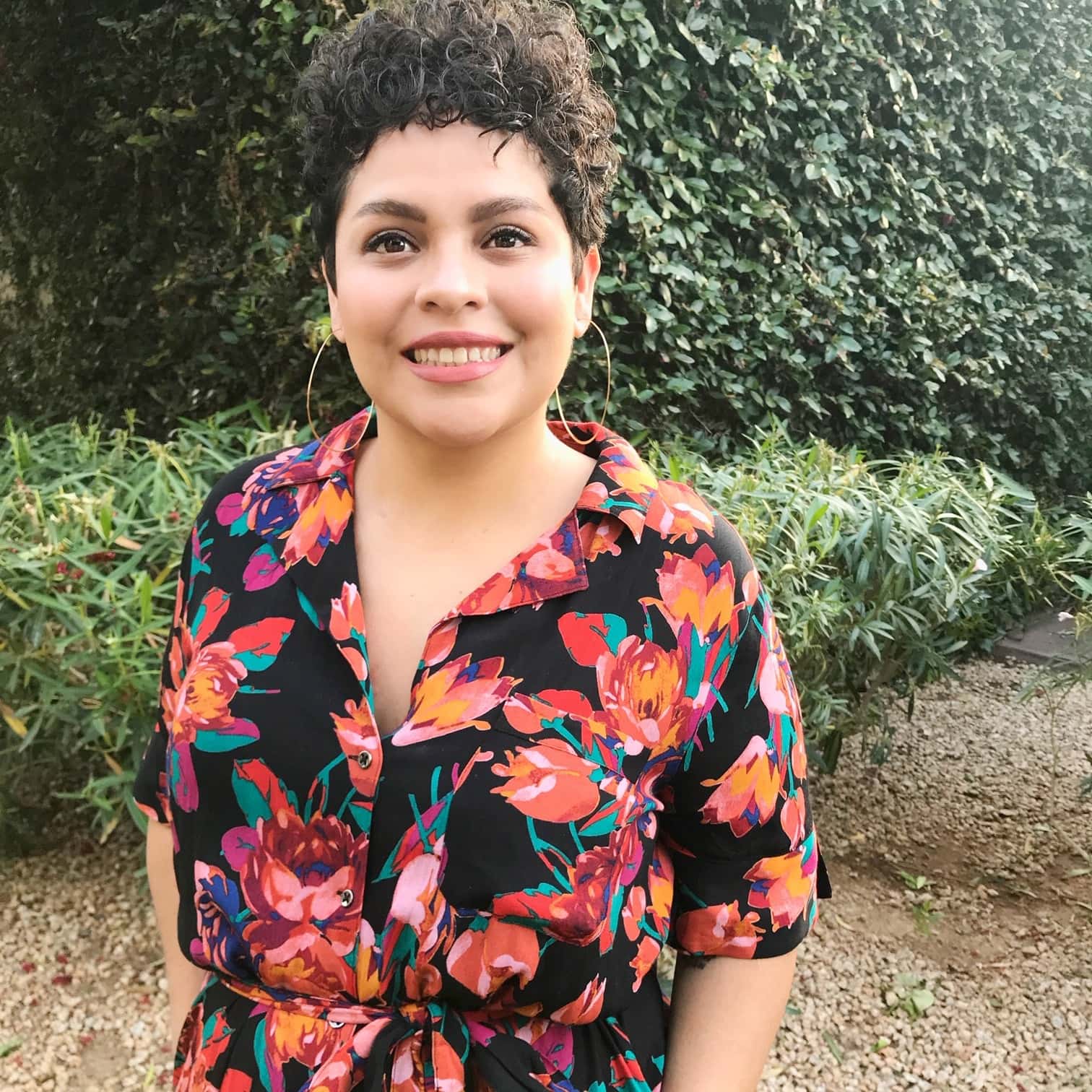
By: Natalia